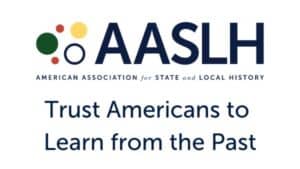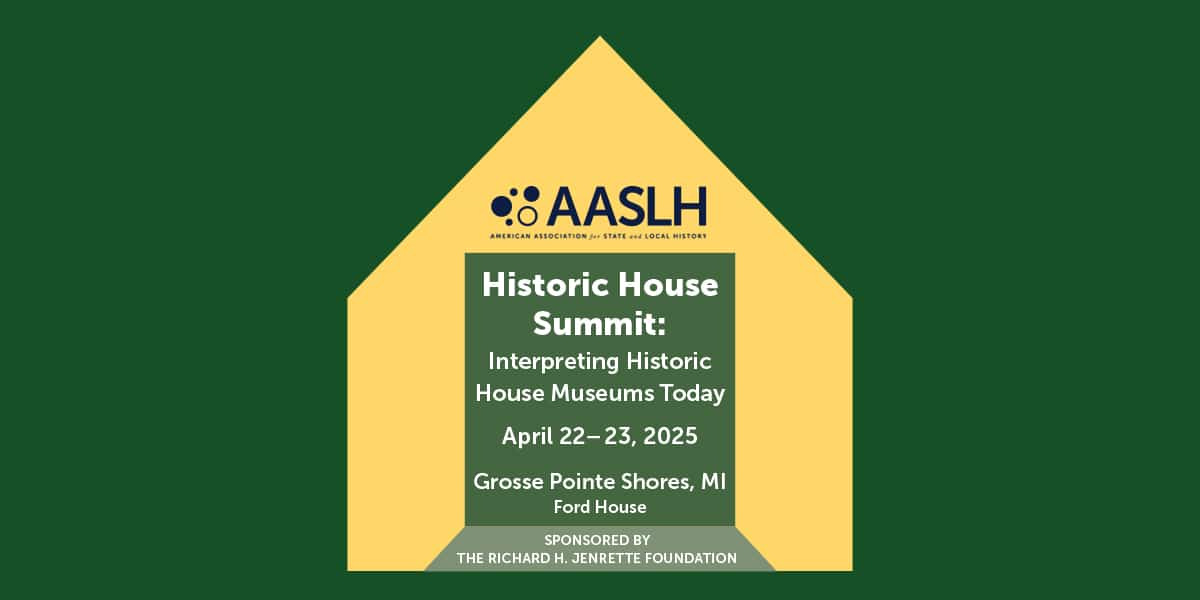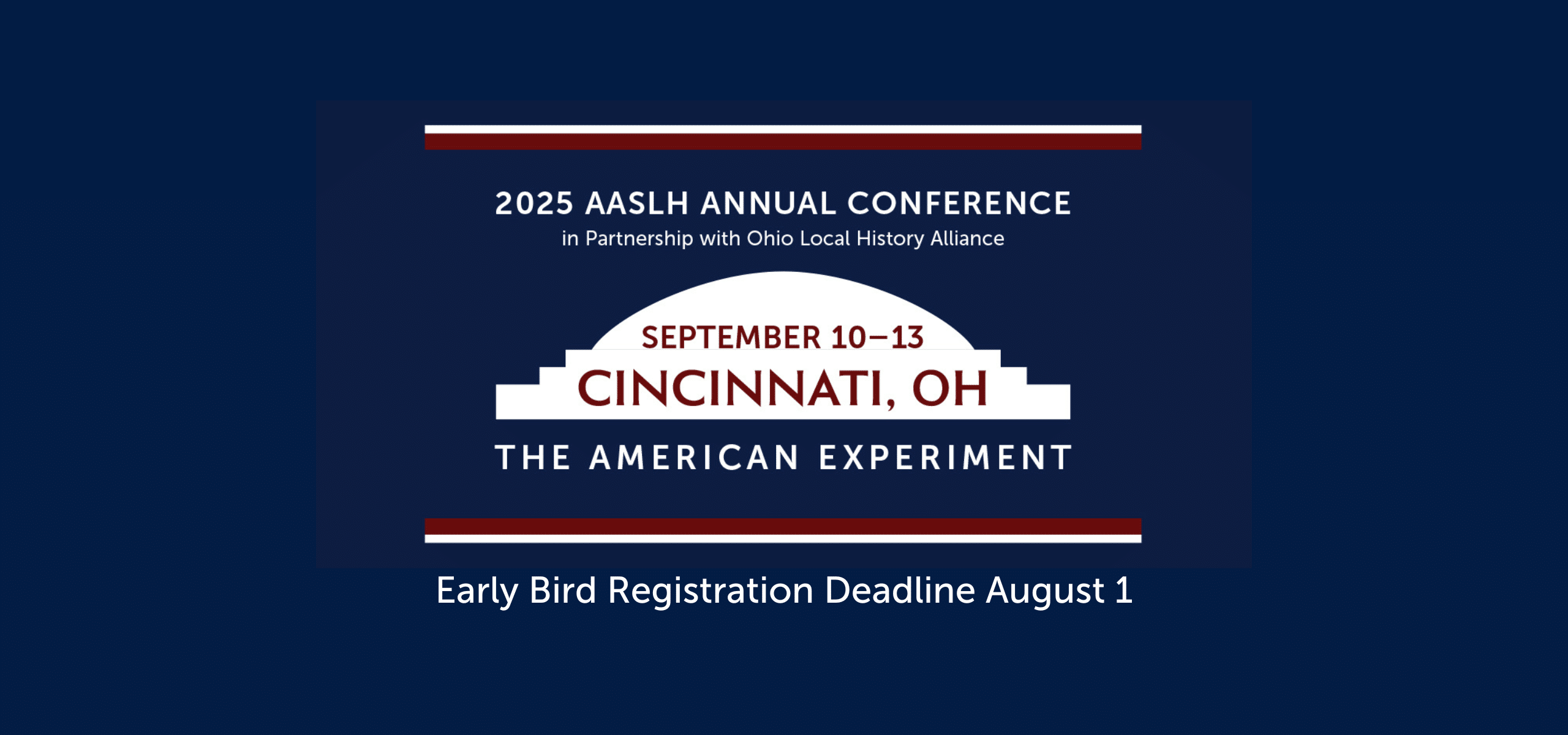
A joint statement by the American Association for State and Local History (AASLH), Organization of American Historians (OAH), Association for the Study of African American Life and History (ASALH), Association of African American Museums (AAAM), and National Council on Public History (NCPH)
National Park Service (NPS) sites are being forced to remove historical content that the White House views as “negative about either past or living Americans.” This top-down directive erases people and events that do not fit within a narrow, triumphalist view of history.
What makes this erasure even more alarming is that the U.S. Department of the Interior (DOI), which runs NPS, is couching its censorship efforts in the very terms that historians and educators often use to explain their own work. Federal officials are eliminating the experiences of Native Americans, African Americans, women, members of the LGBTQ+ community, and others from history while calling it—to quote a DOI spokesperson—“honest, respectful storytelling” that “honor[s] the complexity of our nation’s shared journey.” In fact, they are doing the opposite. And requiring knowledgeable NPS staff to attribute these alterations to the White House’s interest in “historical accuracy” is doubly deceptive and contrary to the professional standards by which historians conduct their work.
Our country’s 433 NPS sites, which serve millions of visitors per year, are just the starting point for this skewed approach to history, but they will not be the last. Recent pressure on the Smithsonian Institution, National Endowment for the Humanities, Institute for Museum and Library Services, and others show just how far this administration is willing to go to distort the past toward ideological aims in the present. This drive to sanitize and warp history endangers vital sources of public knowledge, from state and local history museums to social studies classrooms to libraries.
The administration’s directive ignores our field’s scholarship and the will of the American people, who have repeatedly said they want to explore the nation’s history in all of its depth and complexity. The directive removes crucial context that audiences need for a fuller understanding of the past and its relevance to today. It is also an affront to the public’s right to think for itself.
We urge our members and the public to visit NPS sites, leave supportive comments on the NPS Feedback Form, and contact your state, local, and national representatives about your support for NPS sites and a full, honest, approach to our collective history. (The National Parks Conservation Association provides a form here for contacting Members of Congress.)



